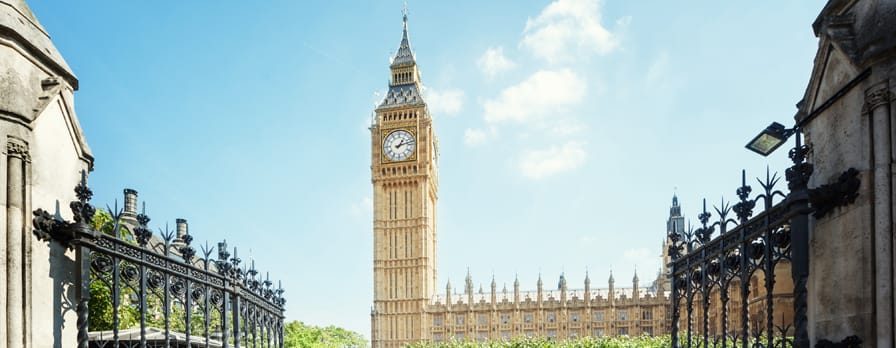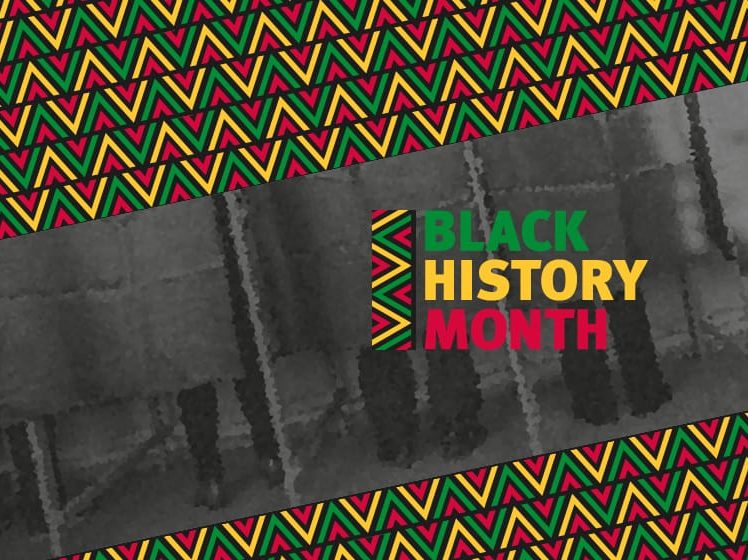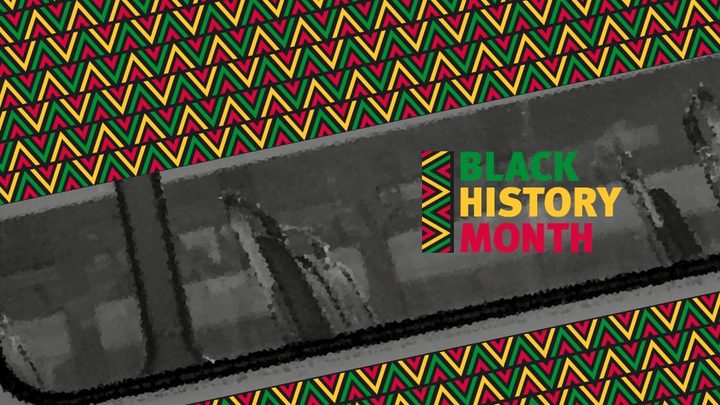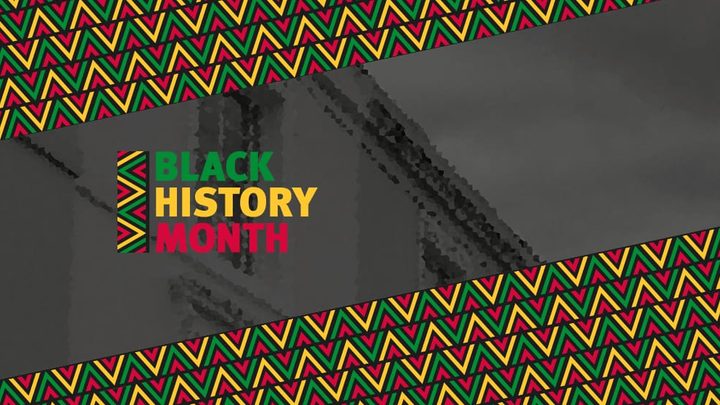Black History Month has been celebrated in the UK in October since 1987. It provides a platform to celebrate the achievements of Black people, which for many years have been overlooked in the teaching of history. It is an excellent opportunity to put a spotlight on the contributions of the UK’s black community across science, politics and the arts.
While Black history has often focused on slavery and civil rights, there is in fact a rich and diverse story to tell about Black people in the UK.
This history stretches back further than you may think. Here we take a look at 5 important moments in Black UK history, and how it impacted the country and its culture.
1. Black people make a mark in Tudor England
In the centuries before imperial slave trading became widespread, Black people existed in English society in more varied ways than you might think.
Some were even near the heart of power: Catherine of Aragon, Henry VIII’s first wife, is believed to have brought Black servants with her to Tudor England. Some played roles as court musicians, and this continued into the Stuart period in the 17th century.
During a period of war between England and Spain, a number of Black slaves from captured Spanish ships were freed, and went on to settle in England. In London, some Black merchants and tradesmen operated as independent business people, including a silk weaver called Reasonable Blackman.
2. The first Black British voter
Ignatius Sancho has an amazing story. He was brought to England as a slave and, after running away from his original owners he learn to read and write, and was eventually freed. He started his own business as a shopkeeper, and became involved in the movement to abolish slavery.
Sancho was a creative writer, producing plays, essays, books and letters throughout his life. Not only was he the first African prose writer to be published in England, he was also the first known Black British voter, having voted in elections in 1774 and 1780. This was particularly extraordinary as at the time only 3% of the population was eligible to vote!

3. Black soldiers in World War I
It’s only now becoming more widely acknowledged that numerous Black (and other non-white ethnicity) soldiers fought for Britain in the First World War. During this time, many Black communities grew in Britain, especially in port towns.
One particularly celebrated Black soldier was Walter Tull. A professional footballer, Tull served in the British Army during the war and, despite racist laws against non-white soldiers becoming officers, Tull reached the impressive rank of second lieutenant. Sadly, he was killed in action in the final year of the war.
Despite their service, many Black soldiers came back to hostility in a tense and worn-out Britain. This tension led to the country’s first race riot, in 1919.
4. The Windrush comes to Britain
In 1948, a ship called the Empire Windrush arrived in Britain, bringing thousands of workers from the Caribbean to the UK. The British government had invited them to help rebuild the country after the war, due to a shortage of labour.
The Windrush was the first ship of many in this period, and the groups of people the ships brought are now referred to as the Windrush Generation. This new generation of Caribbean immigrants faced hostility and discrimination, but also contributed enormously to both the British economy and the development of subsequent British culture.
5. Britain elects 4 Black MPs
In the 1987 general election, a historic milestone was reached in terms of representation in parliament. Four MPs from Black and Asian backgrounds were elected to parliament: Diane Abbott, Bernie Grant, Paul Boateng and Keith Vaz.
All 4 were elected for the Labour Party, and went on to champion the rights of ethnic minorities and Black people, in their constituencies and across the UK. Representation in politics has come a long way since then, and now there are many more Black MPs in parliament, and in government.
Explore history for yourself
These are just a few fascinating glimpses of British history. Clearly there is a lot more than is widely understood, and hopefully this list has shone a light on some of the lesser known or celebrated moments in UK Black history.
If you’d like to uncover more about this topic, why not study History for yourself? You can get a fascinating degree from a top university, and understand the past a little better; and that is sure to help you in your future.






